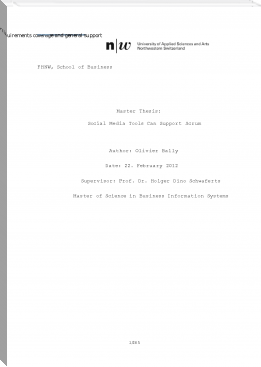The History of Apple Inc. by by : Malak Mansour (electronic reader TXT) 📕

Read free book «The History of Apple Inc. by by : Malak Mansour (electronic reader TXT) 📕» - read online or download for free at americanlibrarybooks.com
- Author: by : Malak Mansour
Read book online «The History of Apple Inc. by by : Malak Mansour (electronic reader TXT) 📕». Author - by : Malak Mansour
Meanwhile, the iPod was beginning to take off. In April of 2003, Apple unveiled the iTunes Music Store, which would sell individual songs through the iTunes application, for 99 cents each. These songs could be played only on Macs or iPods, but Apple felt that by offering an easy to use, no-nonsense music service, it could make significant inroads to the digital music market. Apple did their homework: when announced, the iTunes Music Store already had the backing of the five major record labels, and a catalog of more than 200,000 songs.
In October 2003, Apple released iTunes for Windows. While the iPod had been available for Windows for some time, it had used third-party software which failed to provide the unique user experience that iTunes/iPod integration allowed. With the release of a stable, user-friendly Windows version of iTunes, which included both iPod and Music Store integration, Apple was poised to take the digital music industry by storm. Apple cemented its position with the January 2004 release of the iPod mini, which while smaller in capacity than the original iPod, was smaller than many cellphones.
In the first year alone, the iTunes Music Store sold more than 70 million songs, and by July this number had increased to more than 100 million. The iTunes Music Store had a 70% market share among all legal online music download services. iPods had moved from expensive toys to must-have Christmas presents, and Apple found itself in the position of having a monopoly for the first time in several decades.
Imprint
Publication Date: 08-27-2014
All Rights Reserved
Dedication:





Comments (0)